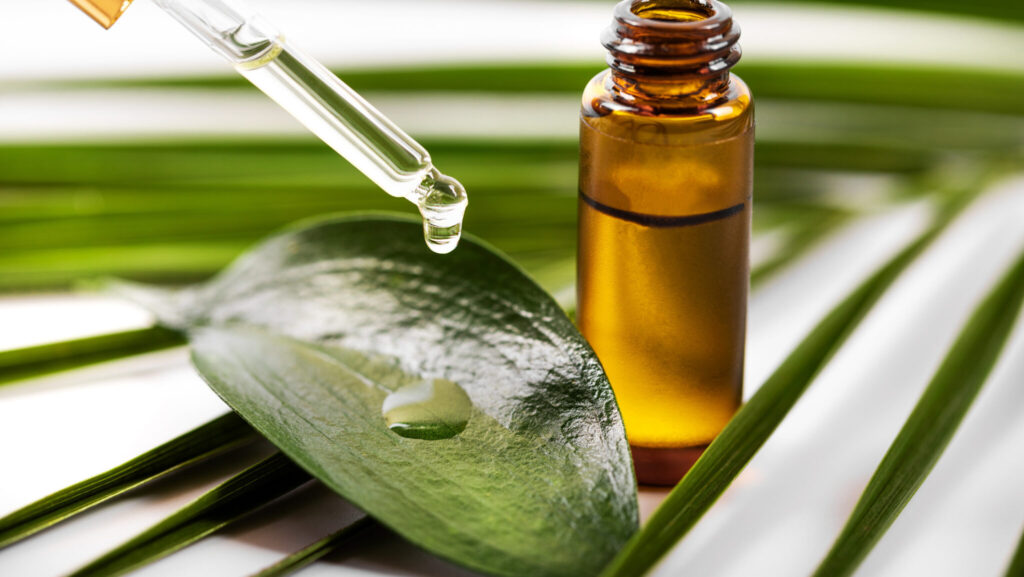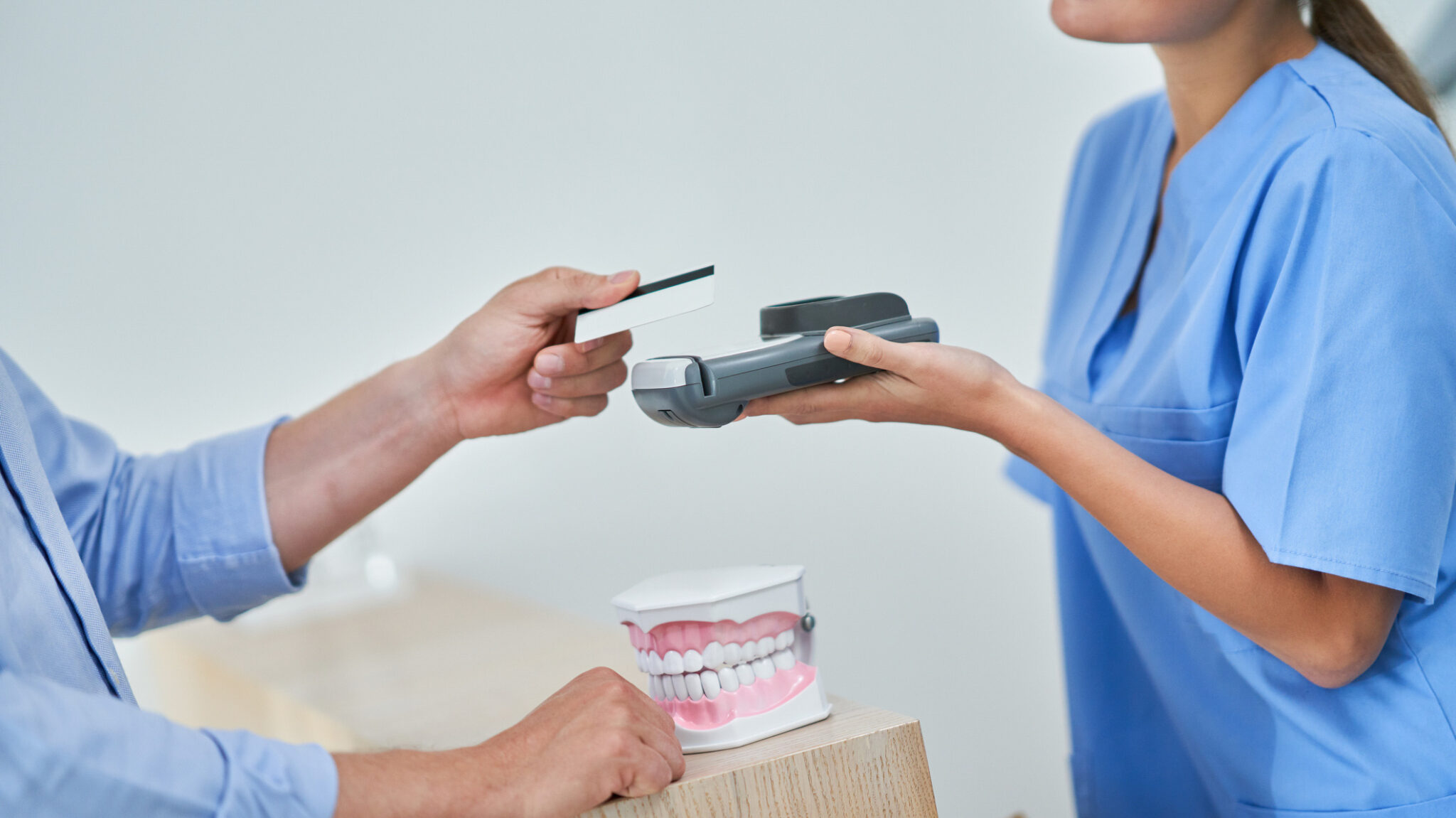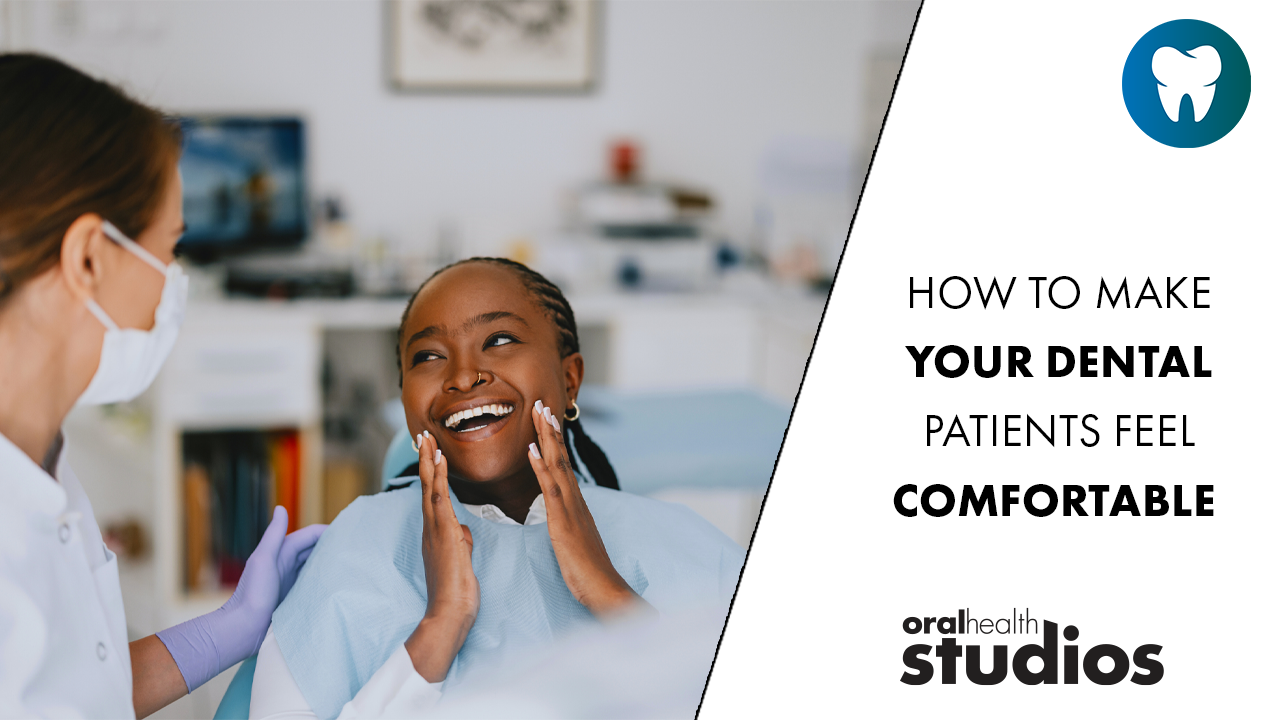
A new study suggests tea tree oil (TTO) could help patients at high risk of dental caries by inhibiting the growth of key oral bacteria and preventing biofilm formation.
Published in Scientific Reports on Aug. 29, the research highlights TTO as a “potent antimicrobial agent against cariogenic bacteria,” potentially offering a natural alternative or complement to conventional preventive strategies.
Dental caries remain a major oral health concern, especially for patients with brushing difficulties, low saliva levels, or high bacterial plaque adhesion. While mechanical and chemical preventive strategies exist, traditional agents such as chlorhexidine can cause tooth staining, toxicity, and xerostomia.
The study, led by researchers at the University of Saskatchewan, evaluated TTO against Streptococcus mutans and Streptococcus sobrinus, two primary bacteria linked to caries development.
Researchers found that a 12.5 per cent concentration of TTO:
- Completely inhibited bacterial growth in vitro
- Prevented biofilm formation on tooth surfaces
- Blocked bacterial adhesion on human teeth
Related: Scientists think toothpaste potential after discovering natural compound that destroys dental plaque
Method: In vivo testing in rat model
In vivo testing in a rat model showed that TTO reduced both the number and depth of carious lesions. Rats treated with TTO developed 13 lesions on average, compared to 19 in the untreated group, with a significant reduction in lesion area (p = 0.003). Importantly, TTO did not affect reparative dentin formation, suggesting its effect is primarily antimicrobial.
“In this study, we assessed the antibacterial properties of TTO and demonstrated that it inhibited the planktonic growth of S. mutans and S. sobrinus, and, in the process, TTO inhibited the bacteria’s ability to form biofilm,” the authors wrote.
Previous studies have also suggested TTO-based mouthwashes may limit plaque accumulation with fewer side effects than chlorhexidine.
Related: Mouthwashes and Their Use in Dentistry: A Review
Further research needed
The findings underscore a growing interest in natural products for oral health, especially for high-risk patients. Researchers note that further clinical studies are needed to confirm TTO’s preventive benefits in broader patient populations.
“Future studies should include a wider range of oral bacteria and larger sample sizes to better reflect clinical conditions and further validate the efficacy of TTO,” the researchers wrote.
Related: A novel means of modulating the oral microbiome to promote dental health












